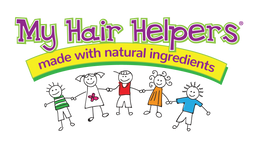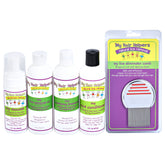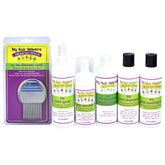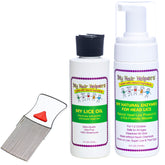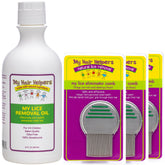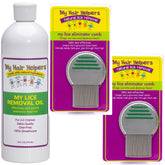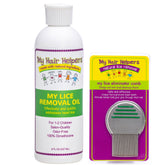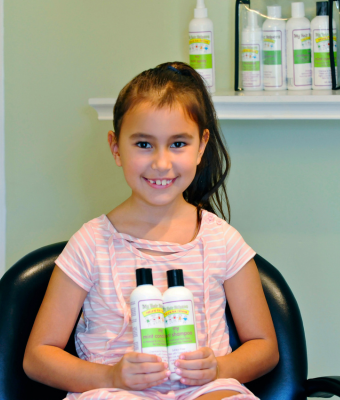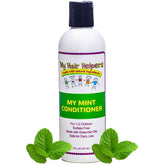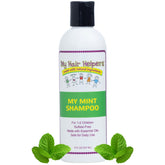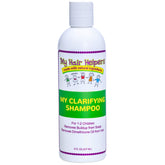TOP 6 RECOMMENDATIONS FOR SCHOOLS DEALING WITH HEAD LICE
Each state and school district has slightly different approaches to preventing and controlling head lice. In general, here are the top six recommendations for schools dealing with head lice.
1. DISCONTINUE “NO NIT” POLICIES.
“No nit” policies require a child to be free of lice and nits (lice eggs) before they can return to school. These policies were popular back in the day, but today, we know more about lice and how they spread. With this information, schools are recommended to discontinue no nit policies. Most nits will not be viable after treatment and are unlikely to hatch.
2. ALLOW CHILDREN TO REMAIN IN SCHOOL.
If a child is found to have head lice, they should remain in class for the rest of the day and not be sent home early. The parents should be notified so that they can plan for treatment. Once treatment starts, students can return to the classroom. The reason for this is that it takes 4-6 weeks for lice symptoms to appear. By the time a child is found to have head lice, they’ve already had the chance to spread it.
3. AVOID CHEMICAL SPRAYS OR CLEANERS IN CLASSROOMS.
Head lice do not “live” off the body. Head lice need a warm scalp with blood to survive. Therefore, it’s not necessary to use harsh chemicals on classroom supplies and equipment such as tables, carpets, upholstered chairs, or audio/video headsets. It’s highly unlikely that lice would be able to live on these items and infect another child.
4. EDUCATE PARENTS AND STUDENTS ON HEAD LICE.
Parents should be educated on head lice and the best ways to treat them. Most schools recommend a two-week treatment plan that includes a medicated shampoo. While over-the-counter treatments may be recommended, they are not necessary. Many of these shampoos contain harsh ingredients like permethrin or pyrethrin, which can cause skin irritation and breathing difficulties in young children. Dimethicone-based products are safe, and just as effective – if not more – than what’s sold in stores. And, these products work on super lice!
5. SUPPORT WET COMBING – IT CAN BE JUST AS EFFECTIVE!
For parents who are concerned about head lice, or students who have mild cases, it’s possible to treat head lice with wet combing. Using a stainless steel nit comb, parents can comb out lice and nits after their child’s bath or shower. This is a highly effective way to remove lice without applying harsh ingredients.
6. SCHEDULE SCHOOL SCREENINGS.
If your child comes home from school with lice, you can schedule a virtual consultation with a lice expert where we can walk you through, step-by-step, how to remove lice and their eggs from your child's hair. We’ll respond to your request right away. Our head lice experts can identify head lice in all stages.
My Hair Helpers is a one-stop shop for all of your head lice products. We can help your family remain lice-free.
